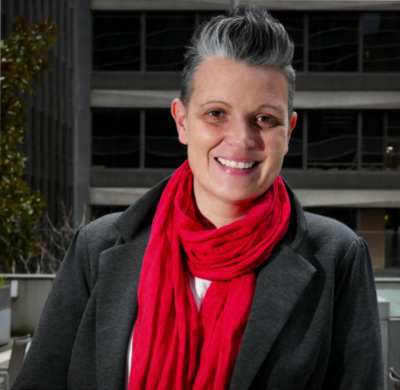When your 'outcomes' are way off target
Posted on 04 Oct 2022
Just one in four “grantseeker outcomes” is actually an outcome, an analysis of data entered into the SmartyGrants Outcomes Engine has revealed.
Grantseekers are most commonly mistaking “outcomes” for “activities” and “objectives,” the analysis of 664 grantseeker outcomes shows.

The conclusion was reached by SmartyGrants chief impact officer Jen Riley, who was granted access to data held by nine funders who have been using the Outcomes Engine to collect data from their grantees. Outcomes Engine users can choose from a series of outcomes-focused “standard sections” to collect data from their grantees. Jen’s analysis focused on the “grantseeker outcome” field, which is designed to collect information during the application phase about prospective grantees’ outcome goals.
“From the nine grantmakers, we reviewed 664 grantseeker outcomes from across 19 funding rounds and 613 applications,” Jen said. “Of the 664 grantseeker outcomes, only 170 (25.6%) were outcome statements.”
SmartyGrants defines an “outcome statement” as one that states a measurable change intended for the beneficiary of a project – for example, “Increase in daily exercise for year 10 students”.
“Outcomes are the changes you expect to occur for the beneficiaries of your project,” Jen said. “Generally, outcomes can be framed as an increase or decrease in one or more of the following:
- Skills, knowledge, confidence, aspiration, motivation (these are generally immediate or short-term outcomes)
- Actions, behaviour, change in policy (these are generally intermediate or medium-term outcomes)
- Social, financial, environmental, physical conditions (these are generally long-term outcomes).”
To read more about the results of the analysis and reclassification of the 664 grantseeker “outcomes” read the full help sheet below.